A letter signed by 42 University of Memphis faculty, staff, and students was delivered to the offices of President Bill Hargrave and Provost David J. Russomanno on Thursday. It expressed concerns about federal “attacks” on academia, academic freedom, and student safety. The letter asked that university officials “recommit publicly” to these issues.
“Academic freedom is essential to the United States’ system of higher education,” the letter said. “Yet the Trump administration has attacked academic freedom in countless ways, including withdrawing federal funding from subjects or universities they oppose ideologically, demanding dramatic overhauls of academic programs, and removing critical data from government websites.”
The sentiments reference a slew of executive orders and initiatives from President Donald Trump to defund colleges and universities and dismantle diversity, equity, and inclusion (DEI) practices.
In response to these actions, the American Association of Colleges and Universities released a statement signed by collegiate leaders that condemned these efforts, calling them “unprecedented government overreach.” University of Memphis students have asked that Hargrave sign the letter to show his commitment to protecting the integrity of the school.
The university has also been urged to protect international students. This call comes as five students had their Student and Exchange Visitor Information System (SEVIS) records reinstated after being terminated by the Immigration, Customs, and Enforcement (ICE).
Students and staff voiced their concerns for those detained by ICE, specifically for those who are involved in pro-Palestininan movements. They went on to cite fear of deportation along with attacks on free speech, and how some universities have assisted ICE in these actions.
“We deserve to know how the university will protect our students and faculty from such actions, ” the letter said.
The letter asked that the university deliver a response outlining how it will protect students from detention and deportation. It sought information about whether the administration has worked with ICE and if it plans to do so in the future, and questioned how the administration will protect the U of M community from measures censoring free speech.
Lastly, the letter criticized the university for a “profound lack of transparency” — specifically about how they will respond to “federal directives.”
“Students cannot be successful if they live in fear of deportation, or when faculty are prohibited from teaching freely within their areas of expertise,” the letter said.
While the letter noted that the university held a recent town hall, it asserts that questions from students and faculty were “censored and no questions were fielded from the audience.” As a result, the signees have requested an “honest, open discussion about community concerns,” to be attended by Hardgrave and Russomano.
The writers said they see this as an opportunity for the administration to “reconfirm their commitment to academic freedom and protecting students.” They have requested a response to the letter by Wednesday, May 7.
University of Memphis officials have not yet responded to the letter.
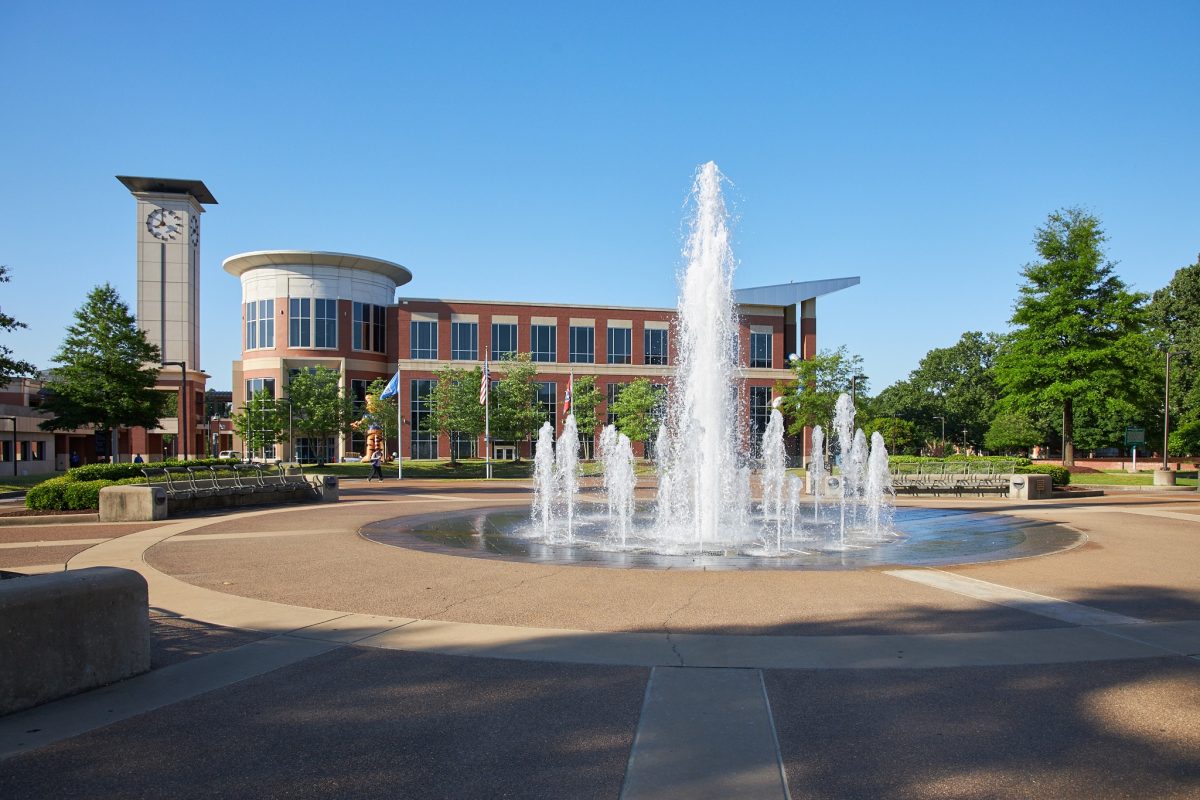
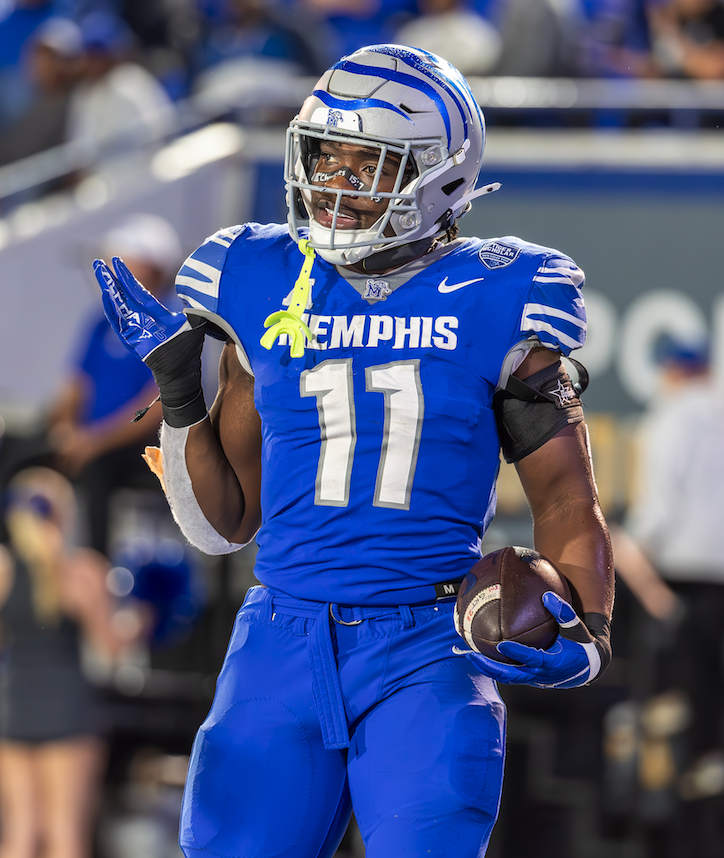


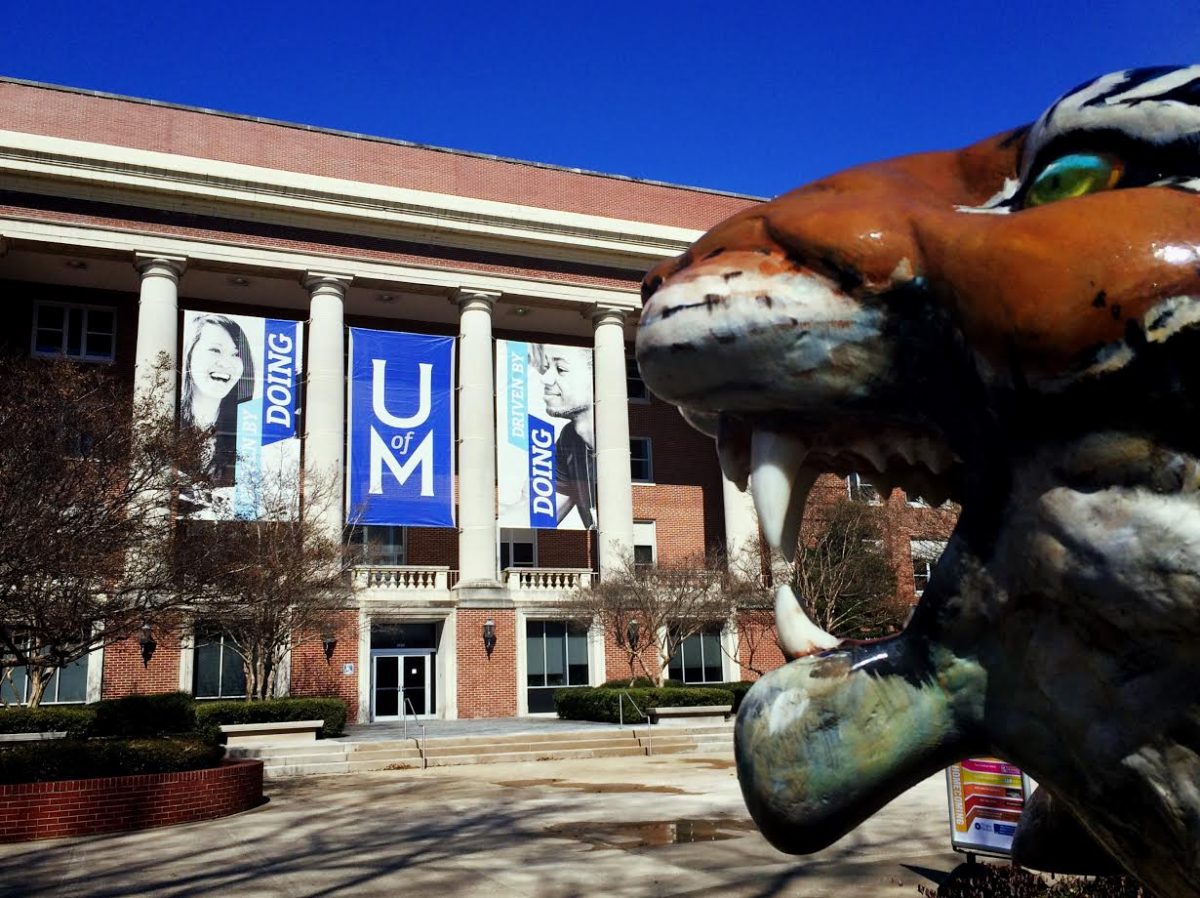
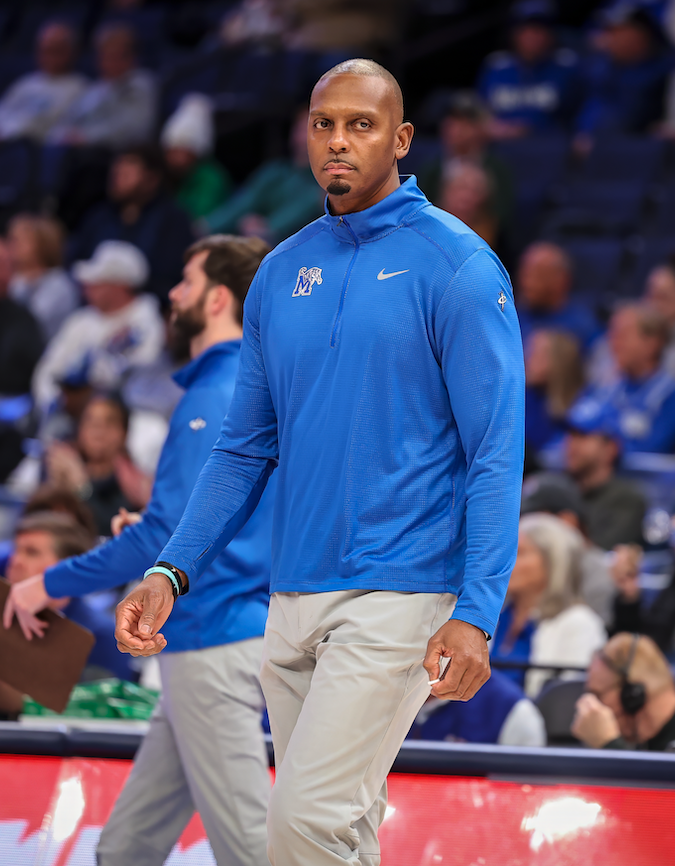

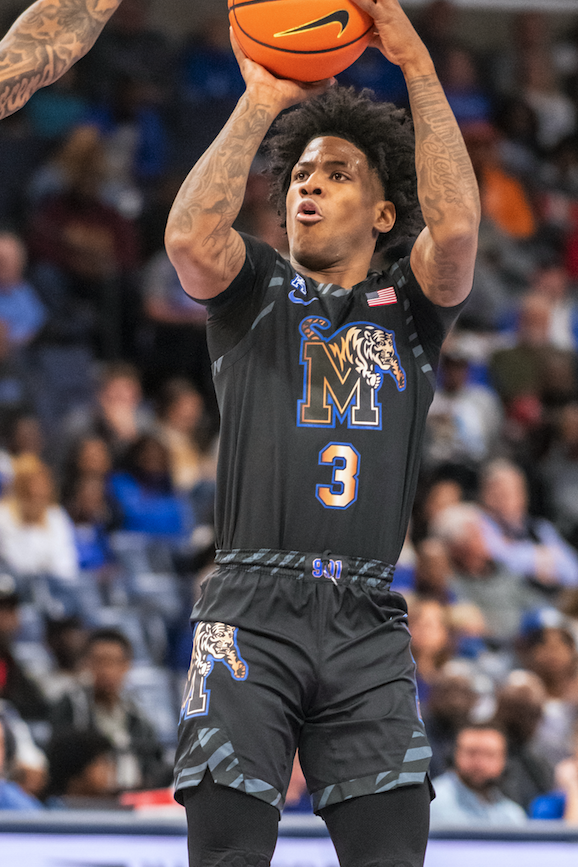

 University of Memphis
University of Memphis